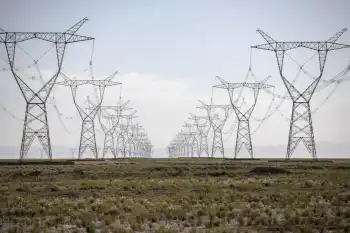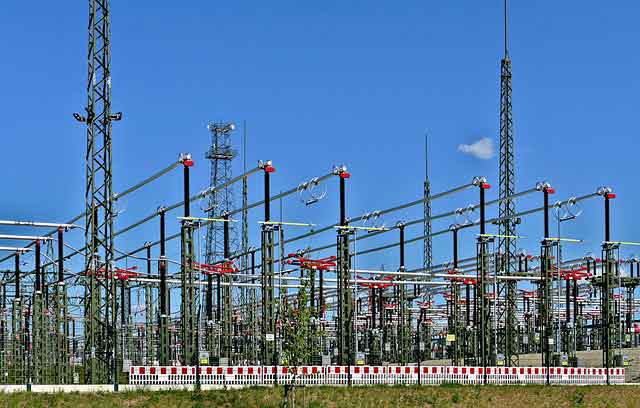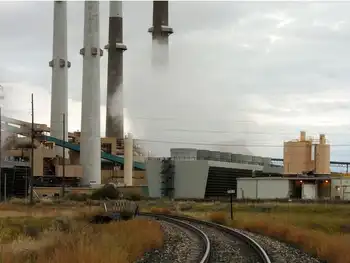Winter power will be reliable: NERC
PRINCETON, NEW JERSEY - The outlook for electricity reliability for the coming winter season is good, the North American Electric Reliability Corporation (NERC) announced in its annual 2007/2008 Winter Reliability Assessment.
Though winter peak demand is projected to increase by more than 2 percent over last yearÂ’s projections in many regions and capacity margins to decline by about half a percent overall, every region reports projected capacity margins well above target levels. Fuel inventories for electricity generation, both natural gas and coal, are also projected to be very strong over the winter months.
“While our recent long-term outlook showed we have a long way to go before we can confidently say we have secured a reliable and adequate long-term future for electricity, our winter outlook shows that the industry is rising to meet short-term needs,” said Rick Sergel, president and CEO of NERC.
“Most of North America is summer peaking, meaning that more electricity is used during the summer than the winter,” Sergel added. “As a result, winter capacity margins are typically higher than we see in summer forecasts.”
Specific findings, as detailed in the report, include:
Drought in Southeastern U.S. not expected to impact reliability — NERC and the SERC Reliability Corporation have been carefully monitoring continuing drought conditions in the Southeastern U.S. but do not expect them to impact electricity reliability in the region during the coming winter season. When river levels become too low or water temperatures too warm, hydroelectric and other generators using rivers and streams for cooling water may reduce output or even shut down to meet environmental and operational regulations. SERC members have developed plans to manage low water conditions throughout the season and consequently forecast adequate generation availability to meet peak and daily energy demands. Should severe drought conditions persist as the summer months approach, rising demand may strain available resources.
Demand response projected to grow by 12% across North America — Driven by considerable increases in the availability of demand-side resources in New England and the Midsouth, demand response is projected to increase by approximately 2,100 MW. Building on substantial penetration in ERCOT, MRO, SERC, and, most notably, FRCC, this growth is an encouraging sign of revival for this resource, which has declined for seven of the past eight years.
Transmission expected to be adequate — Recently-completed transmission projects have reinforced critical ties and supported local demand growth in several areas across North America. These projects will also increase grid operators’ ability to manage the effects of severe winter weather and other unplanned system events.
Fuel supply for electricity generation near record highs — Natural gas storage has ended the injection season slightly below the all-time high for natural gas storage inventories recorded at the end of November 1990. Plant inventories for coal at electric generators are also ahead of historically normal levels with inventories totaling 45 days versus 40 days in July 2006.
Related News

British Columbia Fuels Up for the Future with $900 Million Hydrogen Project
VANCOUVER - British Columbia is taking a significant step towards a cleaner future with a brand new $900 million project. This initiative, spearheaded by hydrogen company HTEC and supported by the Canadian Infrastructure Bank and the B.C. government, aims to establish a comprehensive hydrogen network across the province. This network will encompass both hydrogen production plants and fueling stations, marking a major leap in developing hydrogen infrastructure in B.C.
The project, dubbed "H2 Gateway," boasts several key components. At its core lies the construction of three brand new electrolysis hydrogen production plants. These facilities will be strategically located in Burnaby,…




